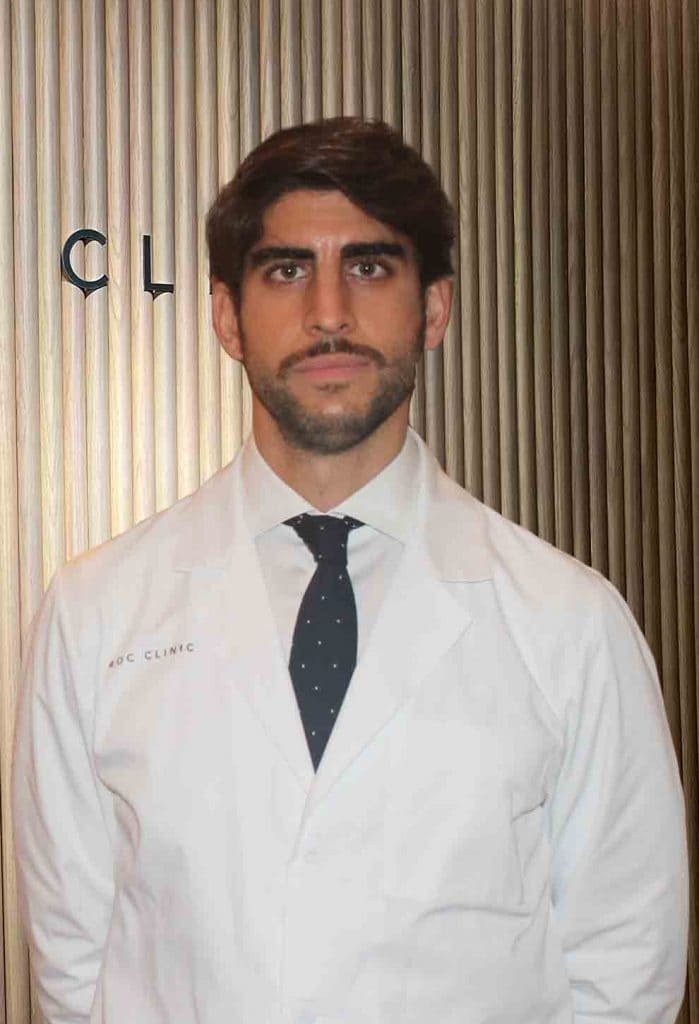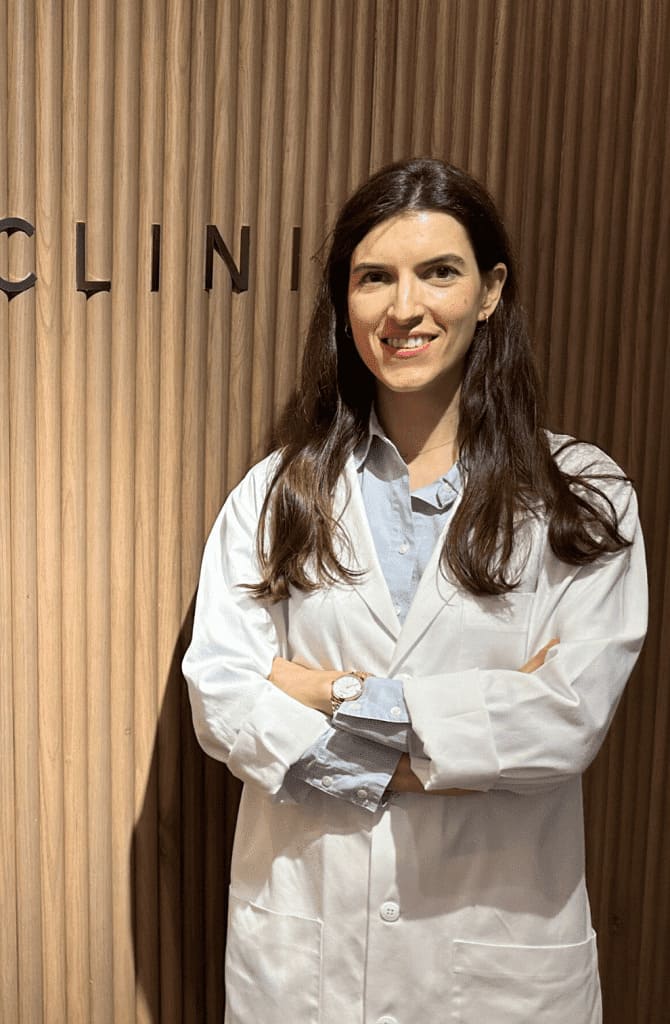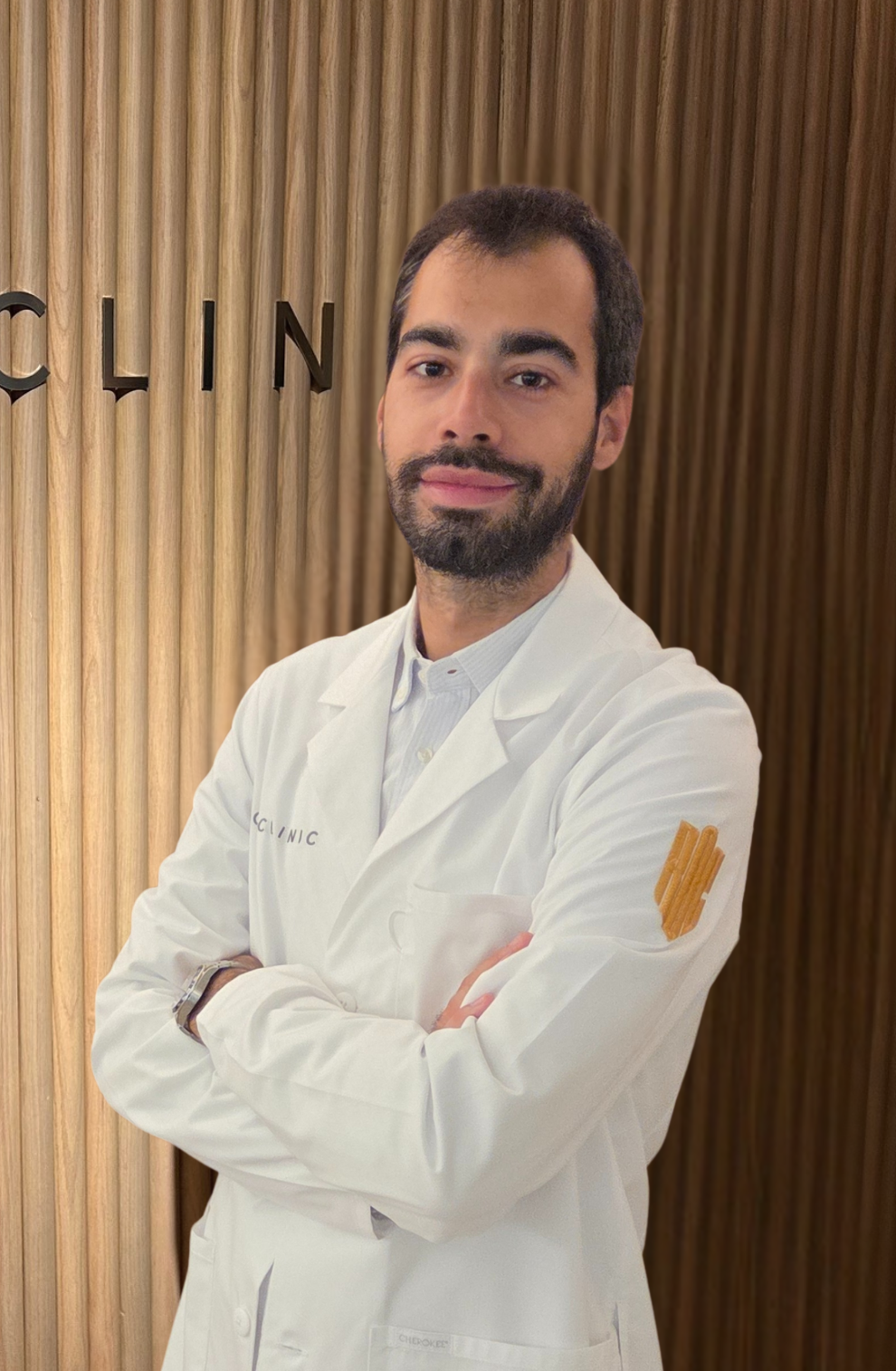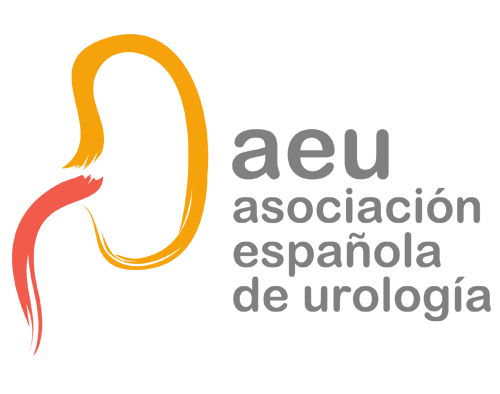Results and Quality of Life Female Urinary Incontinence
There are more and more treatments to cure female urinary incontinence. Our medical team is highly trained in bladder and urinary function.
It is estimated to affect 25% of the population, although in many cases medical attention is not sought because it is thought to be a normal process that comes with age or has no solution. However, there are more and more treatments to cure urinary incontinence or, at least, to improve the symptomatology and quality of life.
- Super-specialized urologists
- Personalized treatment
- Minimally invasive approach
- More than 16,000 patients successfully treated
Results and Quality of Life
What we get at Roc Clinic for you:
in the efficacy rate after suburethral mesh insertion
duration of the intervention
of hospitalization
Your quality of life is our goal
Experience and confidence
Urinary incontinence can be caused by certain daily habits, underlying diseases or physical problems. A thorough evaluation by your health care provider can help determine what is causing the incontinence.
ROC Clinic's medical team is highly trained in bladder and urinary function, with extensive experience in the diagnosis and treatment of urinary incontinence, even in women who have undergone previous unsuccessful treatments.
There are more and more treatments to cure urinary incontinence and improve quality of life.The first step of the recommended treatment is based on conservative measures that do not require surgery or medication.If these treatments do not provide results, specialists will evaluate other treatments with medication, laser or surgery for the placement of suburethral mesh.
They ask us in the Consultation
If I drink less fluid, will I have fewer episodes of incontinence?
The amount of liquids ingested is directly related to the amount of urine produced. The appropriate amount is at least 1.5 liters, taking into account that all foods contain a variable volume of water. In the case of stress urinary incontinence, it may be useful to take the precaution of emptying the bladder when any activity involving physical exertion is planned.
What is the best treatment for urinary incontinence?
Treatment is individualized depending on the type of incontinence and severity. A study is required to see when the incontinence appears.
What exercises can I do to strengthen the pelvic floor?
In general, pelvic floor exercises performed with a specialist in pelvic floor physiotherapy are recommended.
How to avoid urinary incontinence during pregnancy?
In general, an active lifestyle, avoidance of excess weight and assessment by a specialist in pelvic floor physiotherapy are recommended.
Team of the Female Urinary Incontinence Unit
Newsof ROC Clinic in Female Urinary Incontinence
Research
Diagnostic and therapeutic approach to nocturia in primary care.
Technology
Artificial urinary sphincter implant for severe cases of stress urinary incontinence.

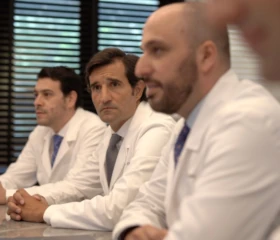
 +34 912 627 104
+34 912 627 104 Contact
Contact
